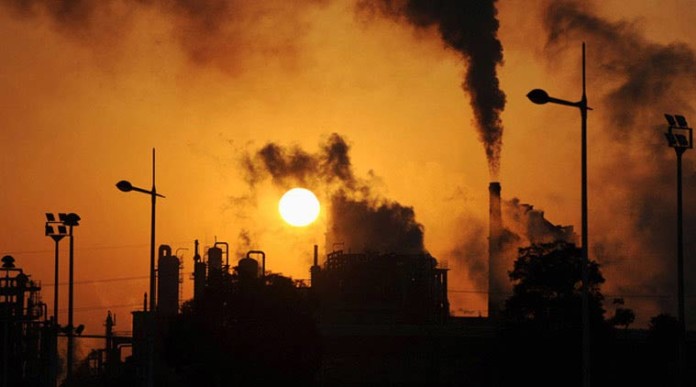Here’s more bad news for Delhi. The Delhi-based Centre for Science and Environment (CSE)’s report finds coal plans around Delhi-NCR are likely to miss the December 2019 pollution mitigation deadline set by the Central Pollution Control Board.
Over the last three years, CSE has been interacting with the various stakeholders to understand the challenges and solution to ensure a smooth transition to meeting the environmental norms notified by MoEF&CC in Dec 2015.
It has been tracking the implementation status of coal power plants situated around the Delhi-NCR region to meet the December 2019 compliance deadlines notified by CPCB.
In particular, out of the 13.2 GW capacity in the region,
- SO2: 83% of the capacity may not be able to comply with the 2019 deadline
- NOx: 50% of the capacity may not be able to meet the 2019 deadline of NOx control.
- PM: 35% of the capacity may not be able to meet the deadlines given to it.
Please Click Here for Downloading the Report
To combat the pollution load from coal power plants, the Ministry of Environment, Forest & Climate Change (MoEF&CC) in December 2015 announced emission control standards for coal-based thermal power plants. Existing plants were given two years (up to December 2017) to comply with these revised standards. On the other hand, plants commissioned after 1 January 2017 had to comply from the start of their operations.
CSE has been engaged with various stakeholders to understand the challenges and solutions to ensure a smooth transition to meeting the new environmental norms. The industry however, raised several objections about the new standards leading to a delay in their implementation. Notwithstanding the MoEF&CC’s order, CEA presented a plan with compliance schedule ending December 2022. With the Supreme Court involvement last year, the deadlines for implementation have been accelerated to December 2019 for power stations within the 300 km radius of Delhi NCR.
CSE therefore felt it necessary to make an assessment of the current scenario to understand if the plants in the region will be able to meet the December 2019 deadline.










